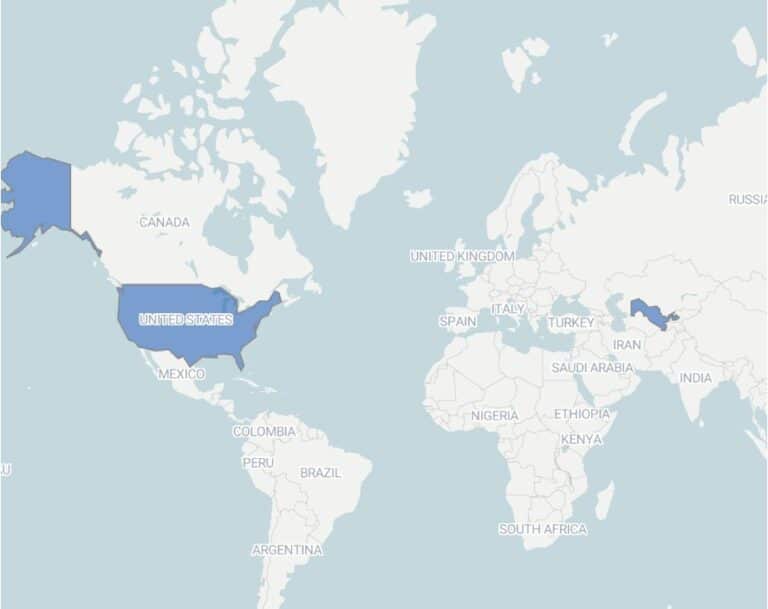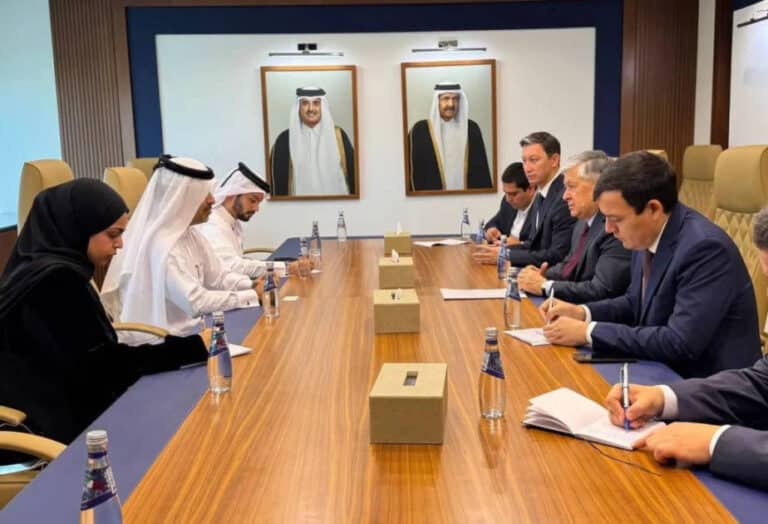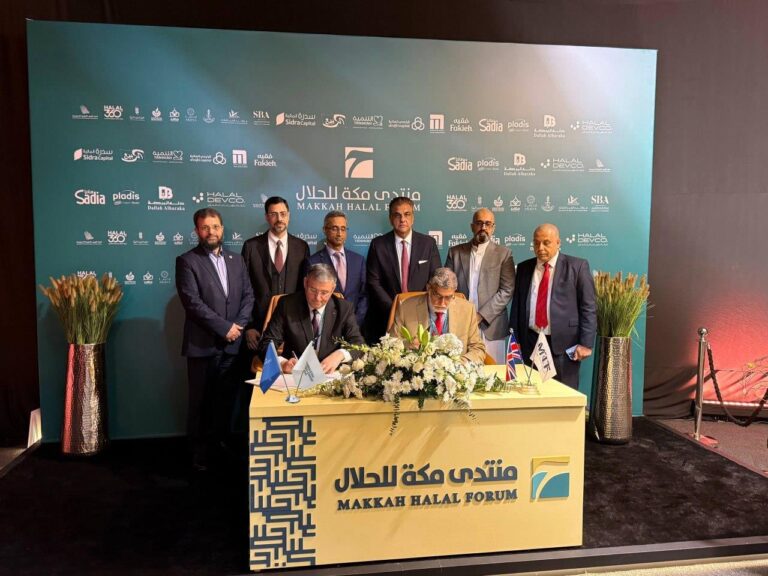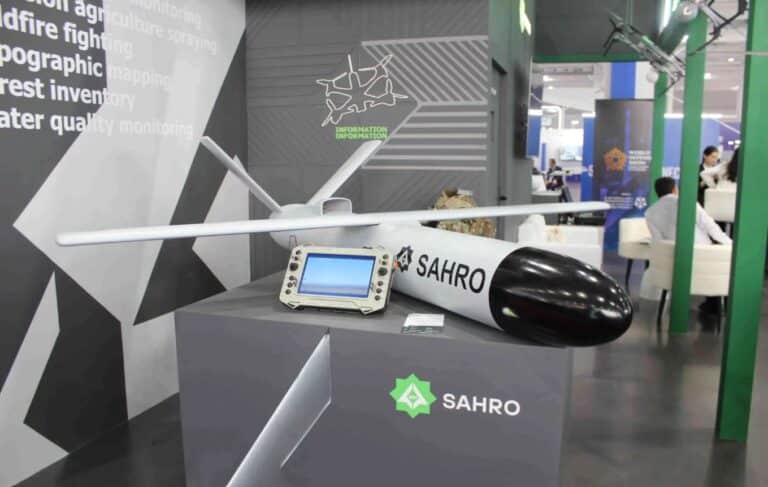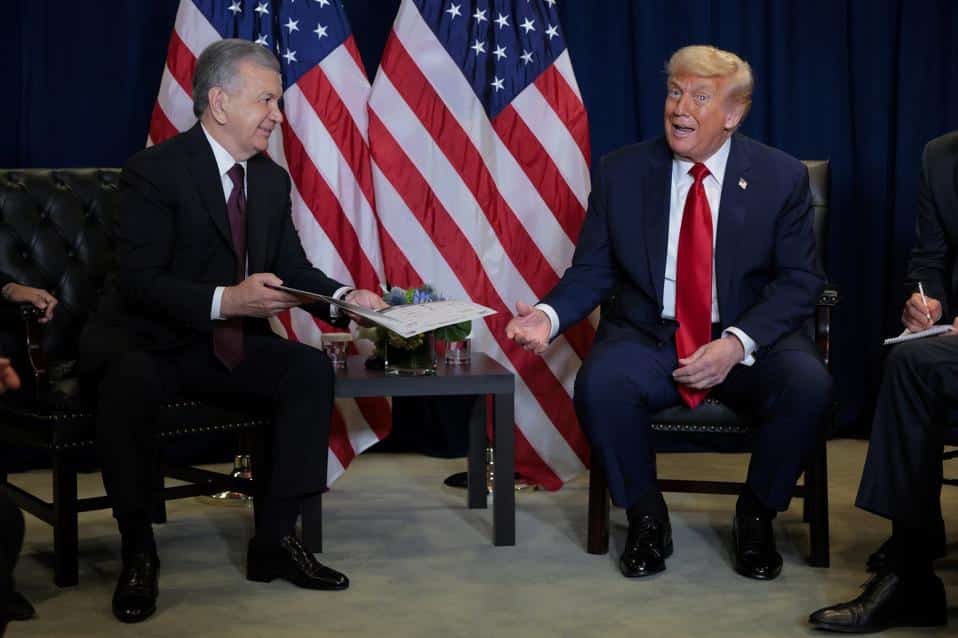
The United States should shift from an energy-first approach in Eurasia to a broader economic strategy, as the C5+1 summit with Central Asian leaders convenes at the White House on 6 November for its 10th anniversary, according to analyst Wesley Alexander Hill.
The forum comes amid tighter US ties with Uzbekistan, which has accelerated market reforms, launched a national investment fund with Franklin Templeton and attracted US corporates. Recent deals include Boeing’s $8.5bn order from Uzbekistan Airways and industrial projects by Air Products, with more than 300 US companies now active in the country. Nasdaq is exploring exchange modernisation and Citi is supporting international listings.
Despite momentum, Chinese economic influence remains larger, backed by Belt and Road projects and thousands of Chinese firms operating in Uzbekistan. Washington has responded with an Enhanced Strategic Partnership Dialogue with Tashkent.
Hill argues the US should lock in long-term cooperation beyond hydrocarbons by appointing senior officials to track implementation of agreements, revisiting legacy trade barriers and raising the diplomatic profile of the region. Uzbekistan plans visa-free entry for American tourists from January 2026, as both sides court deeper trade, technology and manufacturing ties.





